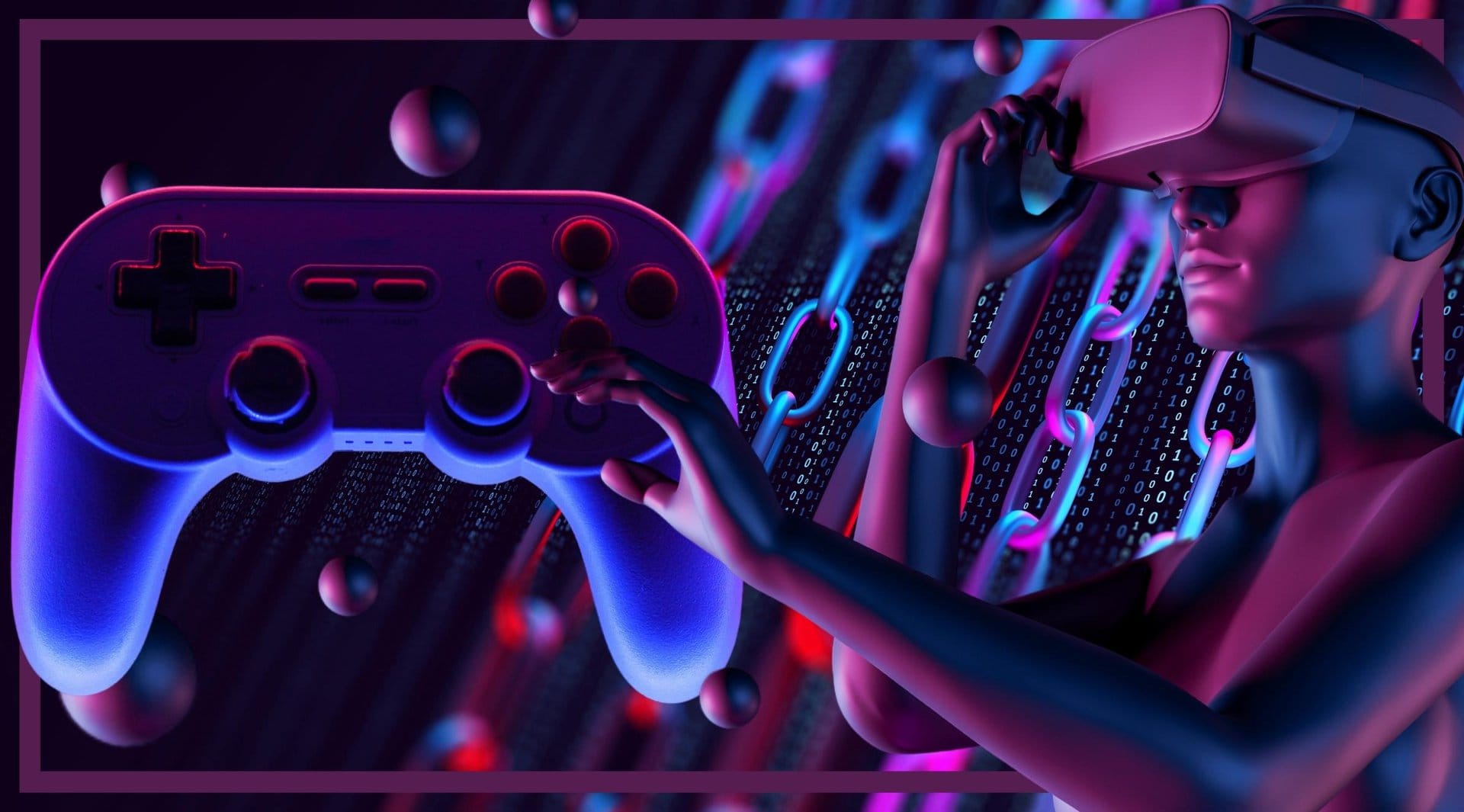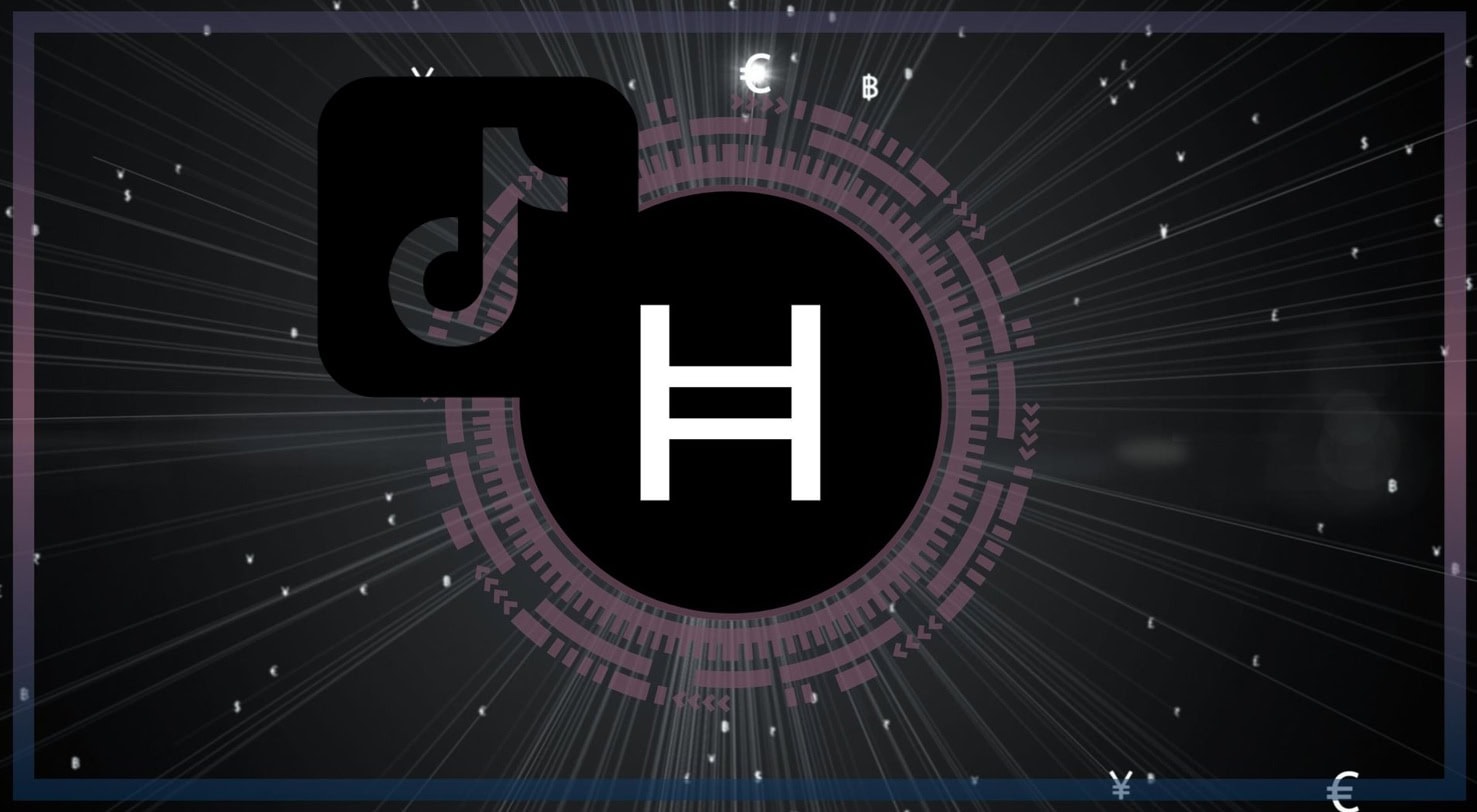The gaming industry, like social media, has drawn enormous value from user creativity. Those contributions have largely gone unrewarded – but that is changing. Could blockchain provide fairer platforms for all creators?
Here’s a question to ponder: is gaming entertainment, or is it social media? Online games provide a venue for connection, community building and creativity – so perhaps that puts them closer to Instagram than Hollywood.
When you understand how important the people are in gaming, you start to see why Web3, as a user-controlled version of the internet, holds so much potential for the industry. And how gaming could lead a wider transformation of the creator economy.
The social element has always been a crucial part of gaming’s appeal. From bonding with real-world friends over a shared game, to meeting new friends via online game communities, games are valuable social glue. They’re also a rich source of creative output, inspiring reams of fan art as well as in-game crafting in the form of mods. But unlike other forms of social media, gaming has started to find an effective way to recognize and reward the central role its users play.
Modern entertainment, retro economics
Over the past two decades, Web 2.0 – the “social web”, the version of the internet that created a raft of platforms for sharing user-generated content – has radically changed the nature of entertainment. Film and TV are no longer very important to Gen Z: they’d rather play games, or browse social media. Leaving aside gaming for now, think about the video that is being consumed on social sites instead of TV screens. When kids are scrolling TikTok, or watching YouTube, they’re benefiting from a structure that effectively scrapes value from the creators who fill those platforms with content.
Without user-generated content (UGC), there would be nothing to watch, but the platforms have done very poorly at sharing the rewards of their work fairly with those creators. Although they boast of deep “creator funds” and large payouts to the top streamers, the majority of creators see a rather different picture. For most, the cut they get from YouTube or TikTok is negligible; only through sponsorships or merchandising can they earn a reasonable income.
Now consider gaming. Studios have benefited not only from the work done by players in building thriving game communities, but also from the wealth of user-generated mods – usually created by hacking the game code, and shared on unofficial channels. Electronic Arts’ senior vice-president, Samantha Ryan, recently said there was “no way as a professional development house to keep up with our players” – who generate around eight times as many clothing mods for popular title The Sims as EA does itself.
That’s a huge benefit, which the studios have been enjoying for free. Panelists at GamesBeat 2022 pointed out that UGC deepens player engagement, feeds developers with inspiration and extends the life of a game. But the asymmetrical relationship between studios and modders has drawbacks for both sides. Thanks to lack of information on how mods are being used, lack of opportunity to tailor mods to user feedback, and lack of coordination to prevent mods being broken by game updates, the full potential of modder creativity cannot be exploited.
Now, though, unlike the video platforms, various game publishers have taken steps to reward all that work from the community. From Skyrim to Minecraft, modders have been invited to sell their creations and earn a share of the direct revenue. We can see the beginnings of a change that shines a light on how much value gamers have always brought to the industry – and makes it official.
Web3 changes everything
At the same time that recognition of user contributions in gaming is growing across the board, the decentralized web movement is driving a more profound shift. The new mode is collaborative and participatory, with revenue sharing just part of the picture. This aligns beautifully with the creative spirit that is so much a part of gaming culture.
In-game crafting and modding aren’t new, but enthusiasm for such customization is growing massively. The wild success of Roblox – a platform for simple user-created games – shows the great appetite for UGC as well as for tools that enable easy development. None of which should be surprising. Games have always appealed to the desire for agency. Everyone in a cinema sees the same movie, but every player of a given title enjoys a unique game: you get to choose what you do.
What we’re seeing now is that the demand for individualization seemingly has no limit. You could say it’s about owning your own experience.
This is why blockchain gaming can be seen as a natural evolution of the trend to encourage and reward UGC, and to bring creators into the tent. Web3 is all about returning control to users, and sharing ownership of the internet. In decentralized games, players can not only leverage their creativity for real reward, they can enjoy a share in governance, jointly deciding on the rules and maintaining the resources. Blockchain gives gamers a real stake in their games, with real creations that can’t simply be deleted on a developer’s whim. It gives users the role of co-creators and co-owners of a shared world, in which they receive a fair share of the value they help to generate.
In this model, a game studio is less a provider and more a facilitator. And that will be far, far more attractive to gamer-creators than the unbalanced power dynamics of Web 2.0. As the gaming community continues to seek out worlds that are rich in individualized experiences and unique, even quirky content, we can expect Web3’s innate advantages to be a powerful draw for creators and, through their contributions, “regular” players.
Web 2.0 media platforms take note – you’ve won audiences over from the traditional entertainment channels. But you’re only as good as your creators. How will you keep hold of those users when they have seen that a fairer, more collaborative model is possible?
Game on.
AUTHOR PROFILE
Nicholas Douzinas is co-founder and head of business development at Ajuna Network, a Switzerland-based decentralized platform for blockchain gaming and GameFi. Before that, he founded or co-founded the companies Ebakus Blockchain, hoolio, and emaginal AG. He holds a B.S. in economics from the University of Warwick and an M.Sc. in international health management from Imperial College London.
















One Response
Web3 has transformed a variety of industries, including gaming. Web3-based games, which are a significant departure from traditional gaming platforms, allow players to interact with the games in novel and decentralized ways. People can play to earn games via cryptocurrencies and NFTs. Web3 gaming is powering the next financial shift in the gaming industry with technologies like blockchain, DAO, and the metaverse. In this article, we’ll read about The Emergence of Web3 Gaming Powered by Blockchain https://blockchain.oodles.io/blog/web3-gaming-blockchain/